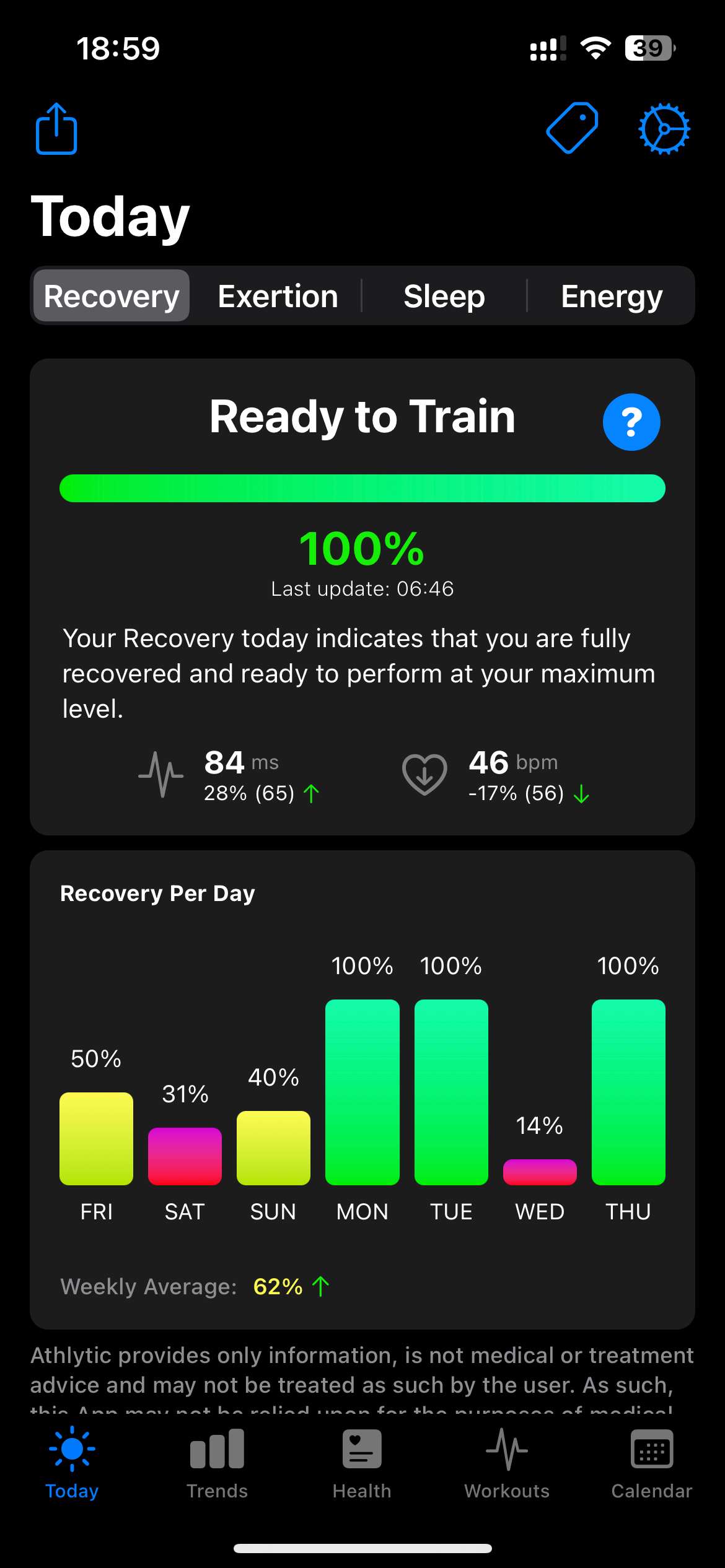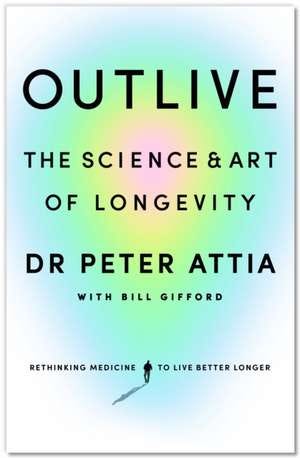Tech Leadership Unplugged #6:Why you shouldn't trust everything you read (online)
How Social Media is making us think formal education is not that important
Hey friends,
In this edition, I talk about:
why certifications and school matter
how rest can influence you
3 tweets I recommend
1 piece of content from me
a book recommendation
1/ Leadership advice: courses and certifications matter
There is this trend on Social Media, and especially on Twitter, to make people believe that you don’t need to have a high degree of education.
Headlines like:
“YouTube is a free university; here are 10 channels that will…”
“Here are 10 Twitter threads that are more valuable than an MBA”
“10 articles that are better than a marketing degree”
And I know what it means to be on social media and to have a good hook. What the hell, I’ve probably used something similar myself. But in the end, it’s dangerous for teenagers, and it’s dangerous for us too.
I won’t lie, I learned a lot of BS at university, but I still think it was the best option I had. At least in theory, university professors should be experts in their fields, and the curriculum should be adjusted to the latest trends.
And even if it isn't, a university is a place where you meet a lot of people, you learn how to live with other people (if that’s the case), and, most importantly, you learn to prioritize and adapt to constraints so that you can pass your exams.
And this gets me to another topic, which is extending your studies. Especially if you want to be a good manager and leader, you need to constantly learn.
And that means:
books
courses
conferences
For example, a lot of people say that certifications are not relevant and that your experience is the only thing that matters.
Experience is crucial, but if you want to hire someone, that experience might not be very easily quantifiable in a 2-hour interview.
On the other hand, I hold a PMP certification. Aside from the fact that you learn a lot of stuff while studying for the exam, the actual test is very, very difficult. When I took it, it lasted for 4 hours, and you had to answer 120 hard questions. And most of them are situational, with all answers being correct but only one of them being the best.
If I interview someone for a managerial position, having passed this exam tells me a few things about him or her. Because I know that I spent more than 3 months studying for that exam and how hard it is to pass it.
Aside from this, there are plenty of other courses, either online or in-class, that you can take to either refresh your knowledge or upskill it. From MIT to Harvard, you can learn everything from negotiation skills to mini-MBAs focused on technology.
And if you tell me you don’t have time, I’ll tell you the same thing I say to anyone who tells me this:
“When you say you don’t have time for it, you’re actually saying it’s not a priority.”
But don’t be upset the next time you get passed over for a promotion or don’t get a job because you “never went through that scenario at work” or “have been doing Scrum for 10 years but you don’t know the theory behind the methodology.”
2/ Productivity advice: rest is important.
I have an app on my watch and phone that takes several factors into consideration, like heart rate, HRV, and sleep, to tell me how prepared I am to train.
I know what you’ll tell me: “Why don’t you listen to your body”, Well, because I trust measurements more than my gut instinct.
And this is what my “readiness” looked like Wednesday morning:
While a few years ago I would have been like, “f that, let’s hit the gym”, I decided to take it easy instead, skip the gym, go for a long walk, and tuck in earlier.
The results:
(The difference for Wednesday is based on the fact that readiness is calculated several times a day.)
And I felt great this morning. I did not one but two CrossFit benchmark workouts and then went to work.
I also took a day off social media yesterday, and it felt great.
Going nonstop without adequate rest can hurt us in the long term, especially since we’re not actual athletes.
Moral of the story: listen to your body (or the trackers on your body) and take some rest from time to time. You deserve it.
And don’t listen to gym bros who just read a David Goggins book and think they know everything about fitness and motivation.
3/ Tweets I liked
Since I spend a lot of time on Twitter, I decided to include this section in the newsletter, so I will share 3 tweets that made me think, educated me, or amused me over the last week.
This thread by Brett Boettcher explains why putting ice on an injury is actually a bad idea (I read about this in an article a while ago but needed a reminder).
This one is from Sean about how you can earn real money while working as a freelance consultant.
This is a great explanation of the jobs that will suffer the most from AI adoption in the near future.
4/ My own favorite piece of content
I also put out some content this week, and here is the one that I am most proud of, let’s say.
It’s this “small rant” about how our job should not define us as individuals.
5/ Read: Outlive
I’ve finished this book, and I was impressed by the level of detail and research that the author put into it.
Some main ideas (spoilers ahead):
There are four diseases of aging, the four horsemen: cancer, heart disease, Alzheimer's, and metabolic disease.
The goal is to avoid these diseases as long as possible to enjoy life in later years and avoid a compromised existence.
Insulin resistance is a key factor in the development of these diseases, leading to increased risks of cancer, Alzheimer's, and heart disease.
Exercise, particularly Zone 2 training, VO2 max training, and strength training, is the most powerful tool to prevent insulin resistance and promote longevity.
Along with exercise, managing protein intake, eating right, and maintaining average blood glucose levels within a safe range are important for health and longevity.
But the most important thing I loved about this book is that it takes mental health and well-being into consideration.
In the last chapter, he talks about depression and his own addiction to work, which almost made him lose his family.
So, always be careful that while you’re spending hours in the gym or researching the latest diet fad, you can spend that time with your loved ones.
Thank you for reading, and let me know if you liked something in particular in this newsletter.
Until next time,
Leo
P.S.: If you would like to read my content on a daily basis, don’t forget to follow me on Twitter and Linkedin.








